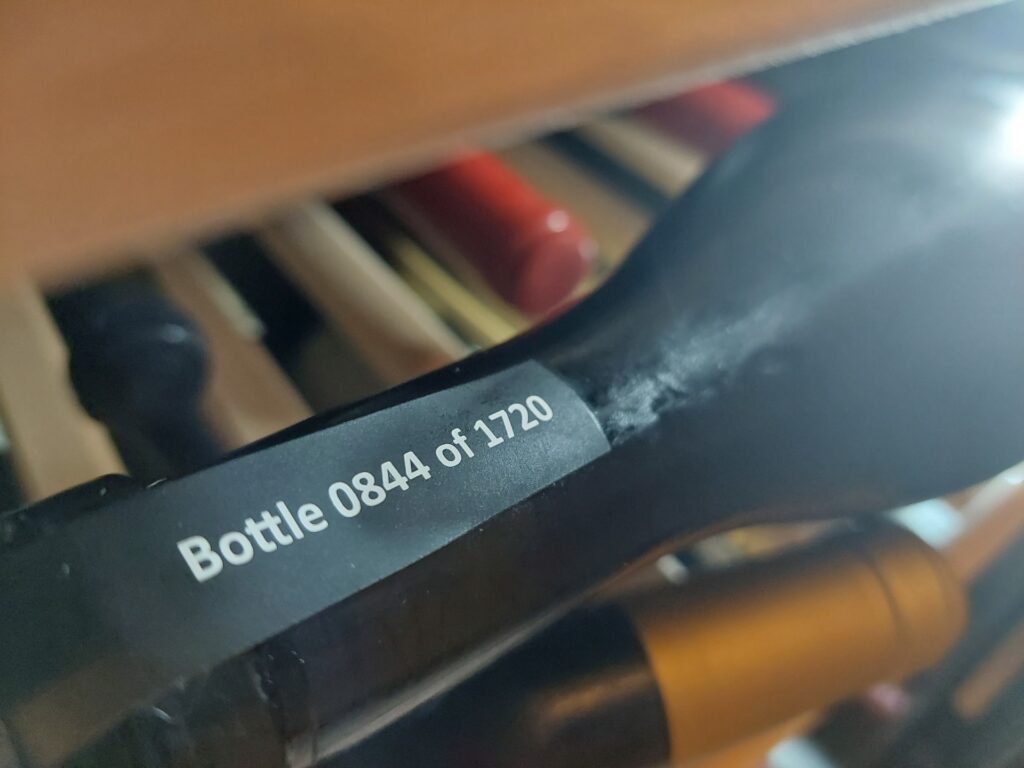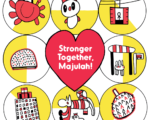
There’s a saying that drinking a wine is like drinking its history, that is, savouring a winemaker’s efforts, from the growing of the vines to the picking of the grapes and eventually the making of the precious fermented juice.
Every bottle of wine is unique in a way, because of the occasion you open it for and of course, with differences in vintage, storage and other factors. Once the wine is consumed, it is part of a wine drink’s experience and it is gone forever.
In many ways, this uniqueness is similar to what you get in art and collectibles that are increasingly popular on non-fungible token (NFT) marketplaces.
Yes, there are many bottles of wine that can be made from a barrel, but there is a finite number that will be available over time.
Some wines cost in the tens of thousands of dollars for a bottle not because they are 20,000 times better than an average one, but because of rarity. As more bottles are opened, the fewer will be available.
So, it is not surprising to see winemakers jumping onto the NFT bandwagon in the past year.
Just like NFT artworks, NFTs can be tied to, say, a barrel of wines. This way, someone who buys them can say for sure that he owns them, allowing him to subsequently resell the wines or better yet, enjoy the unique ownership of a particular barrel.
That, actually, is what the renowned winemaker Chateau Angelus did last year, when it sold an NFT that offered ownership of a barrel of its 2020 Bordeaux wine along with a 3D artwork of its label.
Others have jumped onboard as well. Also last year, famed basketball player Yao Ming’s Yao Family Wines put up for sale 200 bottles of its 2016 The Chop Cabernet Sauvignon along with an NFT, Forbes reported.
To buy them, a user has to use Ethereum. That wasn’t a barrier, apparently. The first 100 bottles were sold on release.
Beyond just selling and buying, what NFTs offer is a unique, immutable way to commemorate the experience of owning and drinking a unique bottle of wine.
If one day, each bottle of wine can be separately tied to an NFT, not just for provenance but to enhance that uniqueness of each occasion a cork is popped, then NFTs would have helped enhance the wine drinking experience.
Though I’m not a wine collector, I do enjoy wine. Occasionally, a rare bottle does come into my possession, like a couple of bottles of Geoff Merrill Henley Shiraz of late.
These Australian wines are not difficult to buy, unlike superlative vintages of some Bordeaux and Burgundies, but they are among the best Shiraz I’ve had from Australia or anywhere else.
And interestingly, the winemaker bothers to enumerate each bottle with a label so that you know you are drinking something unique. Now, if only this is tied to an NFT instead.
I already record my tasting notes on the Vivino app today. If each bottle of wine in future can be traced to an NFT, it would be easy to recall a unique bottle you’d enjoyed. Drinking history, indeed.
















